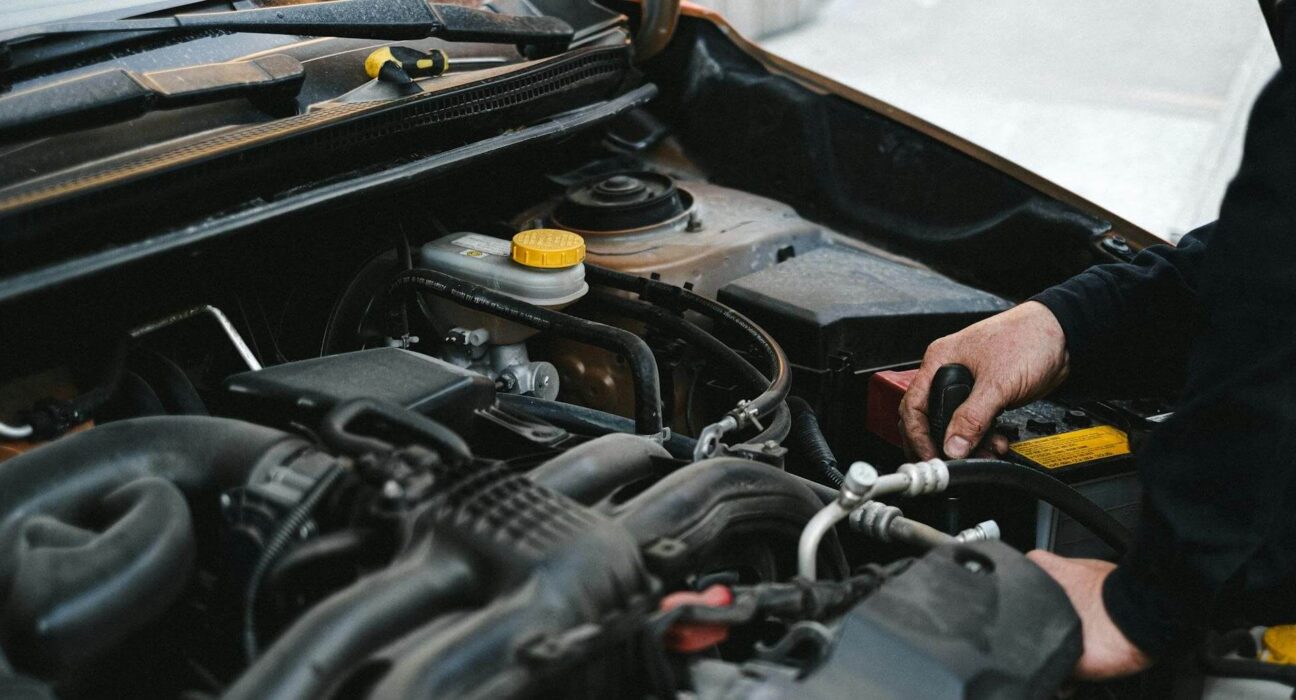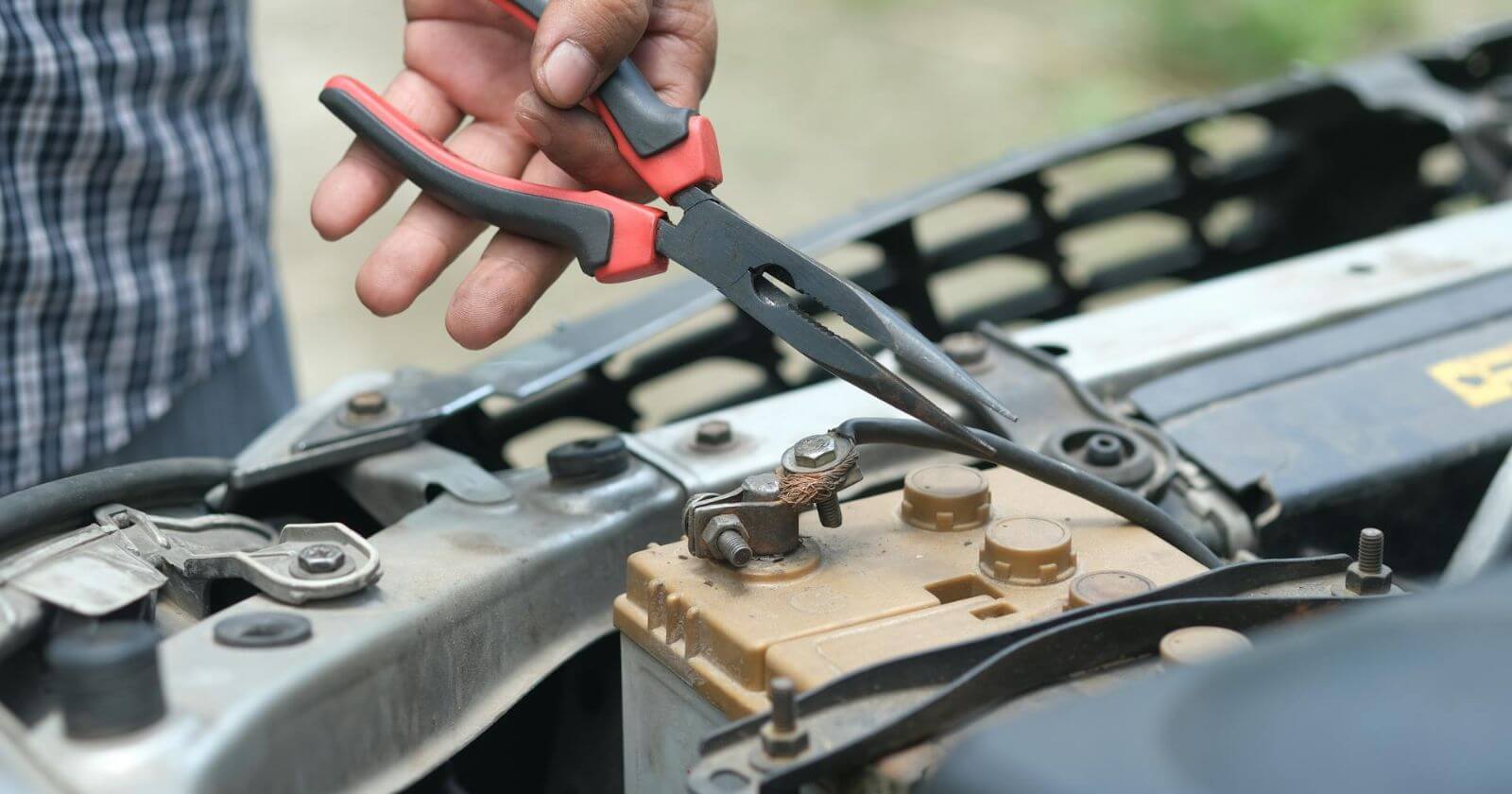If you’ve ever experienced the strong odor of gasoline inside your car, you know it can be concerning and unpleasant. Not only is the smell unpleasant, but it could also indicate a potential problem with your vehicle. Understanding why your car smells like gas is crucial for identifying the issue and taking appropriate action to address it. In this article, we’ll explore the common causes of gasoline odors in cars and discuss possible solutions.
Fuel Leaks
One of the most common reasons why your car might smell like gas is a fuel leak. Fuel leaks can occur in various parts of the vehicle, including the fuel tank, fuel lines, fuel injectors, or even the carburetor (in older vehicles). A leaking fuel system can release gasoline vapors into the air inside the car, leading to a strong odor.
To determine if your car has a fuel leak, inspect the area around the vehicle for any signs of dripping or pooling gasoline. You may also notice a decrease in fuel efficiency or see a puddle of fuel under the car when parked. If you suspect a fuel leak, it’s essential to address the issue promptly to prevent safety hazards such as fire or explosion.
Faulty Fuel Cap
Sometimes, the source of the gas smell in your car can be as simple as a loose or faulty fuel cap. The fuel cap is designed to seal the fuel tank to prevent gasoline vapors from escaping into the atmosphere. If the fuel cap is not properly tightened or is damaged, it can allow gas fumes to enter the cabin of the car.
Inspect the fuel cap to ensure it is securely tightened after refueling. If the cap appears damaged or worn, consider replacing it with a new one to maintain a proper seal on the fuel tank. This simple solution can often eliminate gasoline odors inside the car.
Evaporative Emissions System Issues
Modern vehicles are equipped with an evaporative emissions control system that captures and recycles gasoline vapors from the fuel tank to reduce emissions. If there is a problem with this system, such as a malfunctioning charcoal canister or a leak in the vapor lines, it can result in gasoline odors inside the car.
If you suspect an issue with the evaporative emissions system, have your vehicle inspected by a qualified mechanic. They can diagnose the problem using specialized equipment and repair or replace any faulty components as needed to eliminate the gas smell.
Engine Problems
In some cases, a gas smell inside the car could be a sign of engine problems, such as a fuel injector or fuel pressure regulator issue. If a fuel injector is leaking or stuck open, it can cause excess fuel to enter the engine cylinders, leading to gasoline odors in the exhaust system and potentially inside the cabin.
Similarly, a faulty fuel pressure regulator can result in improper fuel pressure, affecting the fuel delivery to the engine and causing gasoline smells. If you suspect engine-related issues, it’s essential to have your vehicle inspected and repaired by a qualified mechanic to prevent further damage and ensure optimal performance.
Spilled Fuel
Occasionally, the source of the gas smell in your car might be as simple as spilled fuel. If you recently refueled your vehicle and accidentally spilled gasoline on the exterior or interior surfaces, it can create a strong odor that lingers inside the car.
Clean up any spilled fuel promptly using absorbent materials and mild detergent to remove the odor. Be sure to ventilate the car by opening windows or doors to allow fresh air to circulate and dissipate the gasoline fumes.
Exhaust System Issues
Another potential cause of gasoline odors inside the car is a problem with the exhaust system. A leak in the exhaust manifold, catalytic converter, or exhaust pipe can allow exhaust gases, including gasoline vapors, to enter the cabin of the vehicle.
Inspect the exhaust system for any visible signs of damage or corrosion, such as rust or holes. If you notice any issues, have the exhaust system inspected and repaired by a professional mechanic to prevent further leaks and ensure safe operation of the vehicle.
Conclusion
A gasoline smell inside your car can be a cause for concern, but it’s essential to identify the underlying issue promptly and take appropriate action. Whether it’s a fuel leak, faulty fuel cap, evaporative emissions system problem, engine issue, spilled fuel, or exhaust system malfunction, addressing the problem quickly can help prevent safety hazards and ensure the continued reliability of your vehicle. If you’re unable to diagnose or fix the issue yourself, don’t hesitate to seek assistance from a qualified mechanic to resolve the problem effectively.





